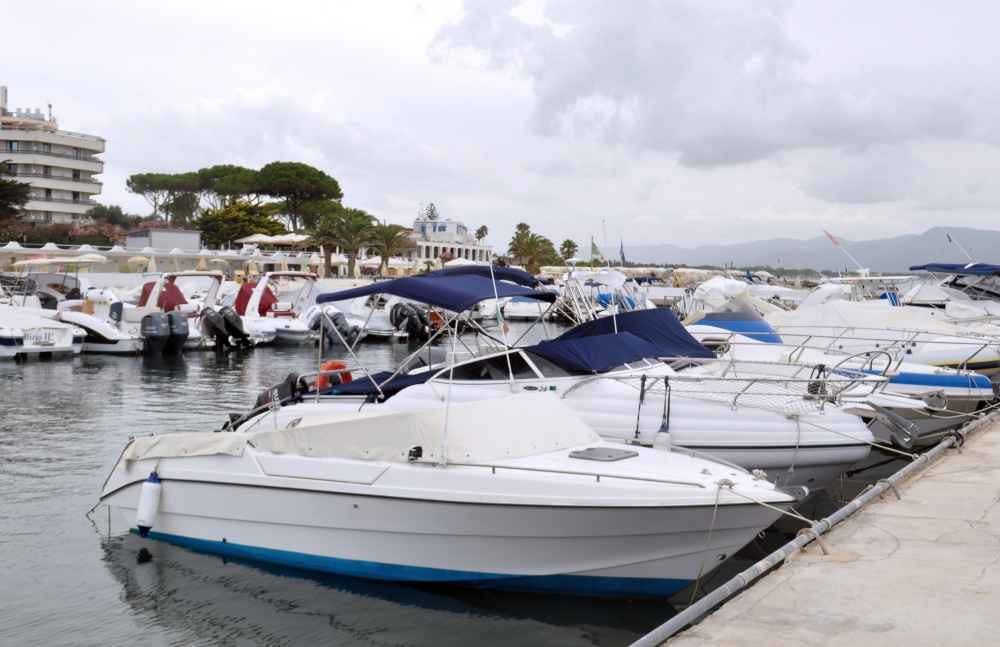Florida’s allure lies not just in its golden beaches but also in its picturesque waterways that beckon boating aficionados. However, with the rise in boating activities, there has been a parallel rise in boating accidents.
To address these concerns and help our clients navigate their legal rights, it’s essential to understand the primary cause of fatalities in these accidents.
Drowning: A Silent Killer
It’s no surprise that drowning stands out as the leading cause of death in boating accidents in Florida. The state’s vast waterways and sometimes unpredictable weather patterns can create scenarios where even the most experienced boaters find themselves in peril.
Factors Contributing to Drownings
Below are the common factors that causes drownings:
Inadequate Safety Gear
The simple act of wearing a life jacket can be the difference between life and death. Unfortunately, many either ignore or are unaware of this lifesaving advice.
Alcohol and Drug Impairment
An alarming number of accidents involve alcohol or drug consumption. These substances impair judgment, reaction time, and overall cognitive function, leading to risky behaviors on water.
Lack of Experience
Boating might seem straightforward, but handling different water and weather conditions requires expertise. Novice boaters might be unaware of the potential dangers or may not know how to react appropriately in emergencies.
Environmental Factors
Factors such as strong currents, changing tides, and sudden storms can turn a pleasant day into a perilous situation within minutes.
The Secondary Causes: Collisions and Mechanical Failures
Beyond drownings, collisions between vessels or with stationary objects and mechanical failures also play a significant role in boating accidents.
Speeding
Speeding on water, much like on roads, poses significant dangers. The open water’s deceptive vastness can lead to reduced reaction times, making collisions more likely.
Unlike vehicles with built-in safety features, boats offer limited protection during high-speed impacts, often resulting in grave consequences. The temptation of rapid boating is overshadowed by its inherent risks.
Equipment Malfunction
Mechanical failures in boats present critical dangers, from engine-related fires to loss of control due to steering malfunctions.
Even more concerning is the risk of sinking from compromised hull integrity or malfunctioning pumps. Regular maintenance, familiarity with the boat’s systems, and readily accessible safety equipment are essential. This proactive approach helps ensure boating remains both safe and enjoyable.
Legal Implications of Boating Accidents
For victims and their families, the aftermath of a boating accident is a daunting time, filled with pain, confusion, and a myriad of legal complexities.
Understanding Liability
In the aftermath of a boating accident, pinpointing responsibility is paramount. Factors such as the boat operator’s possible intoxication, the vessel’s maintenance history, and the availability and condition of safety equipment on board play pivotal roles in determining fault. An intoxicated operator, poorly maintained boat, or lack of necessary safety gear can often signal negligence.
Navigating these complexities demands the expertise of a skilled legal team. They delve into every facet of the accident, from assessing maintenance records and safety protocols to evaluating eyewitness accounts. Their mission is clear: identify the responsible parties and ensure victims achieve the justice they deserve.
Compensation and Rights
Once liability is determined, victims can pursue compensation. This can cover medical bills, rehabilitation costs, loss of income, pain and suffering, or in the unfortunate event of a fatality, compensation for wrongful death.
Florida’s boating regulations, like those in many states, are shaped by both state statutes and federal laws. The U.S. Coast Guard sets and enforces many of the federal laws related to boating, while state-level regulations may address issues specific to the state’s waterways and residents. Here are some federal laws and related regulations:
Boating Under the Influence (BUI)
Much like DUI laws on land, operating a boat under the influence of drugs or alcohol is prohibited. The U.S. Coast Guard enforces BUI laws on all federal waters.
Personal Flotation Devices (PFDs)
Federal law requires all recreational boats to have a U.S. Coast Guard-approved PFD for each person on board. Certain types of boats, based on their size, may also be required to have throwable flotation devices.
Boating Safety Education
Many states, including Florida, require certain boaters to complete a boating safety education course and obtain a boating safety ID card. This often applies to younger operators or specific types of vessels.
Navigation Rules
The U.S. Coast Guard provides navigation rules, colloquially known as the “rules of the road,” which apply to all vessels on U.S. waters. These rules are crucial to preventing collisions at sea.
Vessel Documentation
Some boats, especially larger ones or those used for commercial purposes, may need to be documented with the U.S. Coast Guard.
Equipment Requirements
Depending on a boat’s size and purpose, it may need to be equipped with specific safety equipment, like fire extinguishers, sound-producing devices, and navigation lights. These requirements are mandated by federal law and enforced by the U.S. Coast Guard.
The Role of Warner and Warner in Boating Accidents
At Warner and Warner, our commitment goes beyond merely representing our clients. We believe in:
Educating Clients
By informing boaters of their responsibilities and the potential dangers, we aim to reduce the number of accidents. A well-informed boater is a safer boater.
Aggressive Representation
For victims, we pledge aggressive representation, ensuring that negligent parties are held accountable, and our clients receive the compensation they deserve.
Decades of Expertise
With our vast experience in maritime law, we navigate the intricate intricacies of both state and federal regulations, ensuring no stone is left unturned.
Florida’s waterways, while beautiful, can be treacherous. As boating activities continue to rise, it’s imperative for individuals to recognize the inherent risks and take necessary precautions. For those unfortunate moments where accidents occur, know that Warner and Warner is ready to stand by your side, guiding you through the legal process and ensuring that justice is served. Safety is paramount, but when that fails, legal redress can provide solace to victims and their families.


